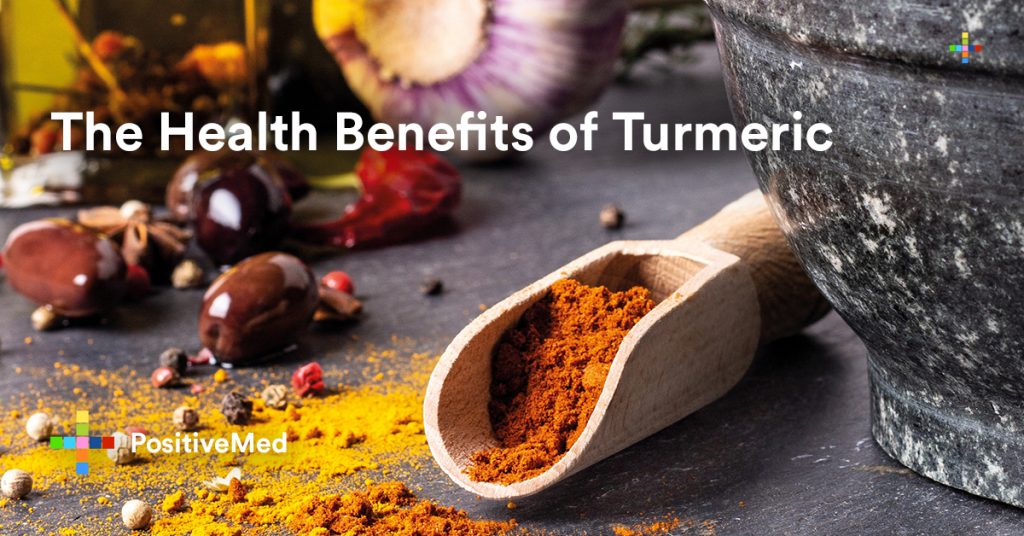You are probably familiar with the yellow coloring and curry flavor of turmeric. What you might not know, however, is that it is one of the most powerful ingredients for fighting disease. Included in the top list of disease-fighting herbs with garlic, ginseng, ginger and cinnamon, turmeric is widely researched for medical use.

The Curcuma longa plant in India, specifically the root, is ground into the yellow powder we all know and love. The active chemical compound that holds many beneficial properties is curcumin. What is most interesting about curcumin is that the only way to truly absorb these benefits is to ensure the curcumin supplement you take includes a healthy dose of phospholipids, which drastically increases its bio-availability.
The most important feature of turmeric is that it is all natural. This means it has an automatic advantage over medications and drugs in that there are no side effects. The health benefits of turmeric (and curcumin) are extensive. The 12 situations below are perfect examples of how turmeric beats out medication each time.

Turmeric vs. Medication
1. Anticoagulants
The typical medications prescribed to prevent blood clotting include Aspirin, Ibuprofen, Naproxen, Clopidogrel along with several others. While these do help with ailments such as deep-vein thrombosis or pulmonary embolisms, there are certain dangers. People commonly overdose on ibuprofen and excessive use can additionally cause bleeding and hemorrhaging. Anticoagulant medications have also been associated with difficulty breathing and headaches.
When you choose to use turmeric instead, there are no known side effects unless taken in very excessive amounts. When it comes to vascular thrombosis, research has proven that turmeric is a better treatment option.
2. Antidepressants
Numerous studies have been done showing turmeric’s remarkable help with depression in lab animals. Critics have questioned the validity since not many studies have involved human patients. In response, a recent study was published that looked at manic-depressive patients. One group received Prozac, a commonly prescribed antidepressant and the other group received turmeric. The results proved that patients responded as well if not better with turmeric in terms of managing depression.
3. Anti-inflammatories
Inflammation is known to be associated with every serious disease around. Cancer, ulcerative colitis, arthritis, and chronic pain are but a few of the health issues that people develop as a result of inflammation. Common medications taken for this include ibuprofen and aspirin, but recent studies have shown that these are not as effective as curcumin. Turmeric is therefore, one of the world’s leading compounds in dealing with inflammatory responses.
4. Arthritis
The anti-inflammatory properties once again come to the rescue in arthritis treatments. When compared to the common arthritis drug, Diclofenac sodium, turmeric was more effective at relieving arthritic pain in rheumatoid arthritis patients. This alternative treatment is appreciated given that certain arthritic medications can cause leaky gut and heart disease. More research is currently underway to examine the benefits of turmeric for different types of arthritis.
5. Cancer
The possible reversal effects that turmeric has on cancer are the most widely researched topic in the world right now. Studies are showing that turmeric has certain anticancer effects and is able to kill cancer cells. The most success has been seen with breast, bowel, stomach and skin cancers.
With PDAC (pancreatic ductal adenocarcinoma), doctors have been facing challenges of patients becoming resistant after some time. Curcumin has been found to re-sensitize patients to the chemotherapeutic drugs, which is a major breakthrough for fighting this aggressive pancreatic cancer.
6. Cholesterol Regulation
The reason that heart disease is the number one killer in the U.S is that of the high occurrence of high blood pressure. Along with this comes oxidative stress which damages the inside of blood vessels. Damaged arteries allow cholesterol to build up and high levels begin to appear around our body. Statin drugs are typically prescribed for cholesterol issues, but they have strong links to kidney and liver damage. These drugs also do not address the main issue of oxidative stress.
Turmeric has been discovered by doctors to be a more beneficial replacement to statin drugs. Curcumin was found to be as effective as diabetes medication at reducing oxidative stress and therefore reducing cholesterol levels. Given that there are no dangerous side effects to turmeric, it is the better choice all around.
7. Diabetes Management
Adding turmeric to your diet is a great way to lower your blood sugar levels. Studies are showing that turmeric is 400 times more effective at this than common diabetic medications. Additionally, it is better at activating AMPK which improves insulin sensitivity and can help to reverse type-2 diabetes. The curcumin in turmeric also helps to reverse insulin-resistance related issues and hyperglycemia.
One of the most common complications from diabetes is retinopathy which is caused when blood vessels get damaged and blindness can occur. Supplementing curcumin into your diet helps prevent this due to its anti-inflammatory properties.
8. Gastrointestinal Complaints
People experiencing digestive and stomach problems typically do not respond well to medications. The reason being that their intestinal flora are already compromised due to illness so the drugs only make things worse and can tear up the stomach lining. When taking curcumin in place of their prescribed medications, people show major improvements in managing inflammatory bowel diseases.
Corticosteroids do help manage pain with IBD, ulcerative colitis and Crohn’s disease but over time they can severely damage intestinal lining. Turmeric does not have these dangerous side effects and because of its anti-inflammatory powers it help s to heal the damaged gut and allows the food flora to flourish.
9. Obesity
Once again the anti-inflammatory characteristics shine through as turmeric is shown to help with weight loss. Turmeric has the ability to suppress these processes that are associated with weight gain and obesity.
10. Painkillers
Curcumin is a widely accepted pain management resource. Tests have shown that it naturally activates the opioid system in rats, therefore, relieving pain. Pain medications do the same but in an unnatural way with potentially harmful side effects and risk of addiction.
11. Skin Conditions
The antioxidant and anti-inflammatory properties of turmeric are beneficial to your skin. Turmeric can provide healing benefits for wounds, control psoriasis flare-ups and is able to decrease acne by calming the pores. You want to take care when applying any turmeric products to the skin because it can stain. Doing a test strip is highly recommended to make sure there are no reactions or stains left behind.
12. Steroid Replacement
Corticosteroids are used to treat several diseases including, lupus, arthritis, psoriasis, and scleroderma. In terms of managing and reversing chronic disease, turmeric is comparable to steroids. The advantage comes from the lack of side effects, which is why it is quickly becoming the preferred method of treatment.







